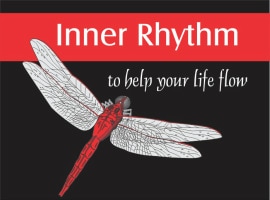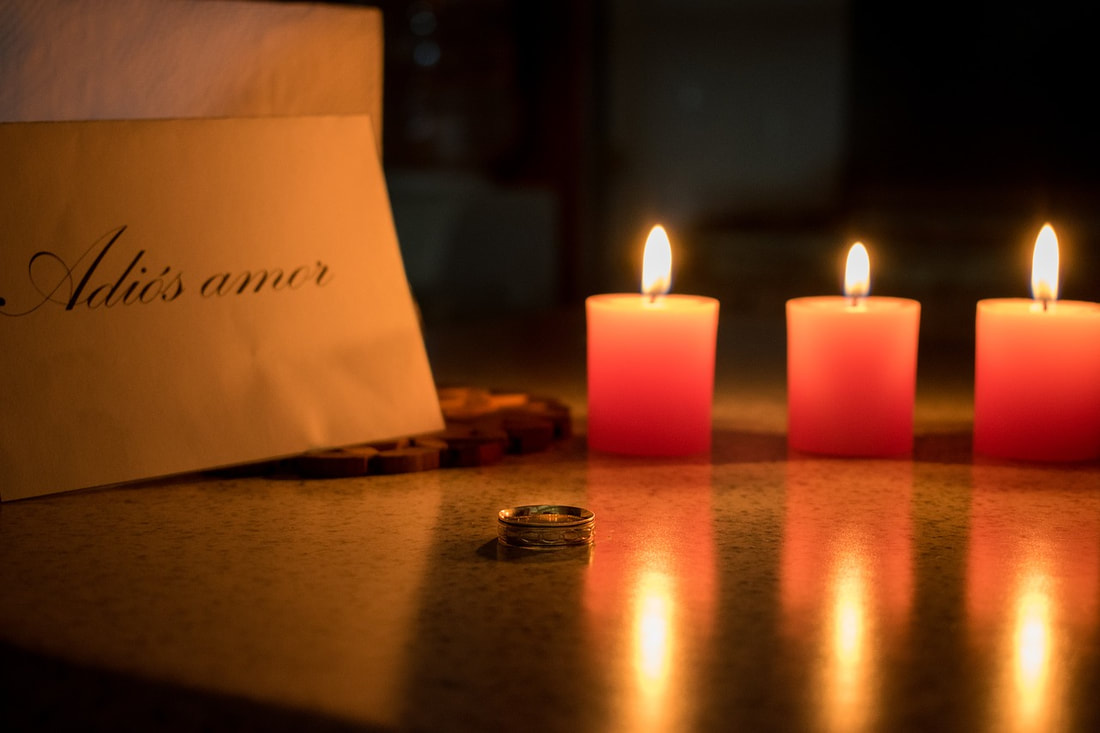|
I have had many conversations with people over the years about 'broken families' and 'broken homes'. One conversation recently prompted me to write an article and send it out to my email list. My view is that a home where two people can't get along and that is volatile is the home that is broken. If you can't fix it after trying everything then you leave. Too many people want to stay in a home that is not peaceful because of some ideological view of what a family and a home means. While in a perfect world a family would always stay together and love one another. We don't live in a perfect world though and so we have to move on and we can only do that when we make peace with it and learn to love ourselves again.
Maybe it's because we say we have 'broken up' or been through a 'breakup' that we use similar language about the home that happened in. If you can't renovate the relationship and therefore the home then it might be time to move on. Some things can't be fixed because they aren't broken. They have just got to the end of their lifespan. I don't have all the answers but I will always ask myself the questions. And I will have the conversations with others who are open to discussing these topics because that's how I learn, how I grow and how I develop a more peaceful mindset. If you want to read the full article you can find it read more here. #families #relationships #brokenhomes #parenting
1 Comment
There will be times when we experience emotions that don't seem all that positive. When we can learn to accept our emotions we can also find better ways of expressing them in appropriate ways. Some emotions are positive and helpful. We can help ourselves and our children, families and friends how to handle emotions and feeling by learning how to handle our own. Here are a few tips that may help you.
Some that we may struggle with are -
Anger: Often seen as a negative but anger is actually appropriate sometimes. If someone is trying to drag you or someone you love away, then you are quite entitled to feel anger and use that energy to save yourself or your loved on. In close relationships we can look for the hurt or fear that is underneath of anger. whether in ourselves or others, there is always underlying emotion. Learn to use anger as an instrument for change. What's really going on? 'I need to communicate this to you in a way that we both feel heard.' Resentment: is what we often feel when we blame others for how we feel or the circumstances we find ourselves in. Often what we feel as resentment is anger that we have not been able to express in appropriate ways. When we take full responsibility for our feelings we will see that resentment is a problem for us rather than the one we feel resentment for. What's really going on? "I need to take responsibility for how I really feel and to change this situation.” Hurt: We feel hurt when our self-esteem has been wounded. This can only happen if our self-esteem is conditional on what others think of us. If we can learn to express our hurt without getting angry it can enhance our relationships with others. What's really going on? "I am feeling unloved or insignificant. I would like to feel close to you.'' Fear: When we feel afraid is can be a sign that we don't have all the information so we should proceed with caution. What's really going on? "I need to take care. I need help." Guilt: We feel guilty when we have done or said something that is in direct conflict with our own rules. This is a way for us to know that there is a better way to respond. We can feel guilty if we think we could have acted in another way or spoken differently. When we learn to think before we speak or act we will feel less guilt. What's really going on? "I need to make amends or do things differently next time.'' Regret: We feel regret we often run thoughts of 'if only' or 'what if'. It is often accompanied by sorrow, pain and hurt. When we can let go and accept we can be released from the pain of regret. What's really going on? "I need to acknowledge my pain and accept it without denial.'' Many people will have heard of the 5 love languages as written about by Dr Gary Chapman. Dr Chapman states there are 5 main love languages. These are
|
AuthorSherry is the principal coach and blogger at Inner Rhythm. Archives
January 2022
Categories
All
|


 RSS Feed
RSS Feed